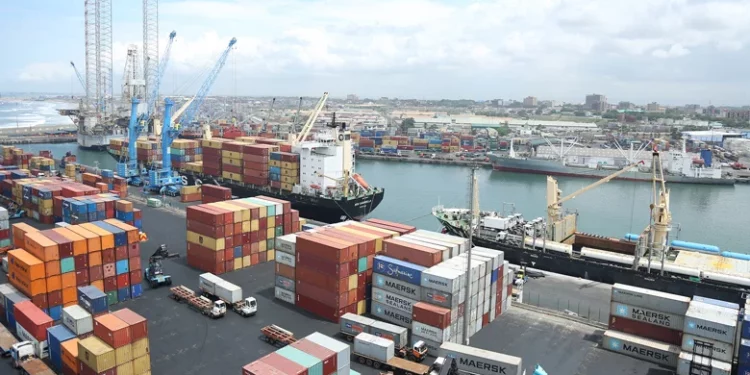Eliminating Intra-African Trade Barriers no Longer Optional – AfCFTA Scribe
Eliminating intra-African barriers to trade and investment is no longer optional but urgent, according to Wamkele Mene, Secretary-General of the African Continental Free Trade Area (AfCFTA).
Speaking at the ongoing Afreximbank’s Intra-African Trade Fair (IATF 2025) in Algiers, Algeria, Mene said the fair has grown significantly since its first edition in Cairo. He recalled that the third edition attracted nearly 28,000 participants and almost 2,000 exhibitors, generating trade and investment deals worth over 43 billion dollars.
“Here in Algiers, we are committed to surpassing that figure, not in competition with one another, but because, as Africans, we continuously strive for progress and excellence. This year we expect more than 35,000 participants, 2,000 exhibitors, and trade and investment deals worth over 44 billion dollars,” Mene said.
He described the IATF as the AfCFTA marketplace where businesses, investors, governments, and innovators come together to turn policy into action. Since its inception, the fair has helped African businesses expand market access, showcase products and services, and attract critical investment. Beyond the figures, it has become a platform where partnerships are built, deals are executed, and regional value chains are strengthened.
Mene emphasised that the true success of the IATF should not be measured by numbers alone but by the jobs created, the innovations supported, the empowerment of SMEs, opportunities opened for women-led businesses, and the inclusion of young entrepreneurs at the centre of Africa’s economic transformation. He noted that this year’s theme, “Gateway to New Opportunities”, reflects Algeria’s role as a hub for connecting Africa’s markets, as well as the continent’s collective ambition to make AfCFTA the engine of Africa’s transformation, in line with the mandate of the African Union Assembly of Heads of State and Government.
According to him, the AfCFTA is already delivering results. Under the leadership of African heads of state, intra-African trade rebounded strongly in 2024, reaching 220 billion dollars, a 12.5 percent increase from 2023, based on Afreximbank’s African trade report. This, he said, demonstrates growing confidence in Africa’s integration model and a gradual shift from raw commodities toward manufactured goods, agro-processing, chemicals, electronics, and motor vehicles. The trend, he added, shows Africa’s transition towards industrialisation.
Mene also highlighted the adoption of new AfCFTA protocols, including on digital trade, as well as operational instruments such as rules of origin, the e-certificate of origin, and the Pan-African Payment and Settlement System led by Afreximbank. He added that other mechanisms, including the private sector engagement strategy, the AfCFTA Adjustment Fund, and the soon-to-be-launched transit guarantee scheme, are positioning the continent to realise the founding vision of a single integrated African market.
He stressed that the protocol on digital trade opens vast new opportunities for young entrepreneurs, fintechs, and ICT-enabled services, with the potential to generate millions of jobs. However, he cautioned that integration must not leave any country, entrepreneur, or SME behind. “Integration is not only about trade rules, it must also be about connectivity,” he said, citing the difficulty many delegates faced in connecting flights within Africa to attend the fair. He called for faster implementation of the Single African Air Transport Market, greater mobilisation of domestic resources to fund infrastructure and logistics, and policies that embed climate resilience and green industrialisation into Africa’s economic transformation.
In her remarks, Selma Malika Haddadi, deputy chairperson of the African Union Commission, acknowledged the growing dynamism across the continent, noting that intra-African investment stocks grew to about 76 billion dollars in 2023, up from 19 billion dollars in 2010. In the same year, Foreign Direct Investment from outside Africa totalled 53 billion dollars.
She stressed the importance of Africa’s private sector, from small-scale traders to large conglomerates in broadening trade and investment opportunities. “By harnessing and supporting homegrown dynamics, we can power our own growth. The opportunity is ours to seize,” she said.
Haddadi added that building pride and trust in African-made goods is essential to the continent’s future. “We cannot ask the world to believe in ‘Made in Africa’ if we do not believe in it ourselves. As our Algerian brothers and sisters say, ‘Li ma yethiq fi rouhou, ma ythiq fih el ghir’ those who do not trust themselves will not earn the trust of others.”
She expressed hope that the fourth IATF will be remembered not only for the deals it secures but also for the unity it strengthens, the pride it rekindles, and the future it brings closer for Africa.








